Search
Remove Ads
Advertisement
Summary 
Loading AI-generated summary based on World History Encyclopedia articles ...
Search Results
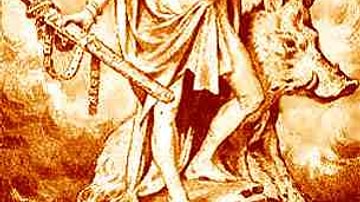
Definition
Freyr
Freyr (Old Norse for 'Lord', sometimes anglicised as Frey) is the main fertility god in Norse mythology, his connection with harvests, sun and rain, virility, weddings, and his rule over wealth securing him an important position within the...

Image
Freyr
Norse god Freyr, here shown alongside the boar – one of his attributes – named Gullinborsti as per Icelandic mythographer Snorri Sturluson (1179-1241). Artwork by Jacques Reich (1852-1923).
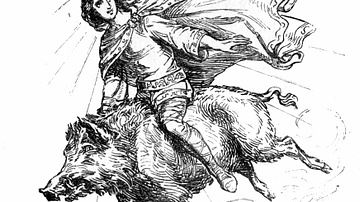
Image
Freyr on his Boar
Drawing of the Norse god Freyr by Ludwig Pietsch, 1865 CE. According to the Prose Edda, Freyr received the boar Gullinbursti as a result of a contest between dwarves and their creation, instigated by Loki.
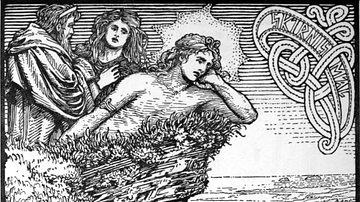
Image
The Lovesickness of Freyr
Artist's depiction showing the Norse god Freyr gazing out from atop Odin's high seat to Jotunheim, realm of the giants, where he espies the giant-daughter Gerðr walking across her garden and instantly falls in love with her. This tale is...
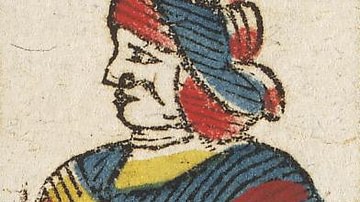
Definition
Frodi
Frodi (Old Icelandic: Fróði) is the name of legendary Danish kings in Norse mythology. There is a whole range of kings bearing the same name, pointing to fascinating traditions in both Old Icelandic and continental Germanic storytelling...
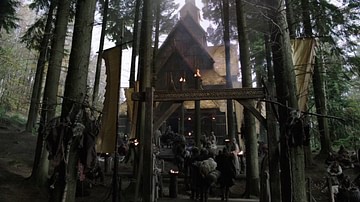
Definition
Temple at Uppsala
The Temple at Uppsala was a religious center dedicated to the Norse gods Thor, Odin, and Freyr located in what is now Gamla Uppsala in Sweden. It is described by the 11th-century historian Adam of Bremen as the most significant pagan site...
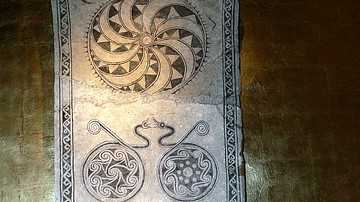
Article
The Sun & the Moon in Norse Myth
In Norse mythology, the Sun and the Moon appear as personified siblings pulling the heavenly bodies and chased by wolves, or as plain objects. Written sources, such as the Poetic Edda and the Prose Edda, have surprisingly little to say about...
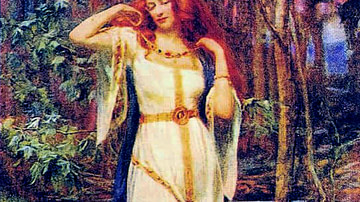
Definition
Freyja
Freyja (Old Norse for 'Lady', 'Woman', or 'Mistress') is the best-known and most important goddess in Norse mythology. Beautiful and many-functioned, she features heavily as a fertility goddess stemming from her place in the Vanir family...
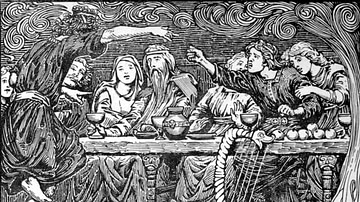
Article
Lokasenna
The poem Lokasenna belongs to the Poetic Edda, a bulk of Old Norse poetry written down in Iceland in the 1200s but based on linguistic features dating back as far as the 900s. In this invaluable resource for Norse mythology, Lokasenna stands...

Definition
Norse Mythology
Norse mythology refers to the Scandinavian mythological framework that was upheld during and around the time of the Viking Age (c. 790- c. 1100 CE). Complete with a creation myth that has the first gods slaying a giant and turning his body...